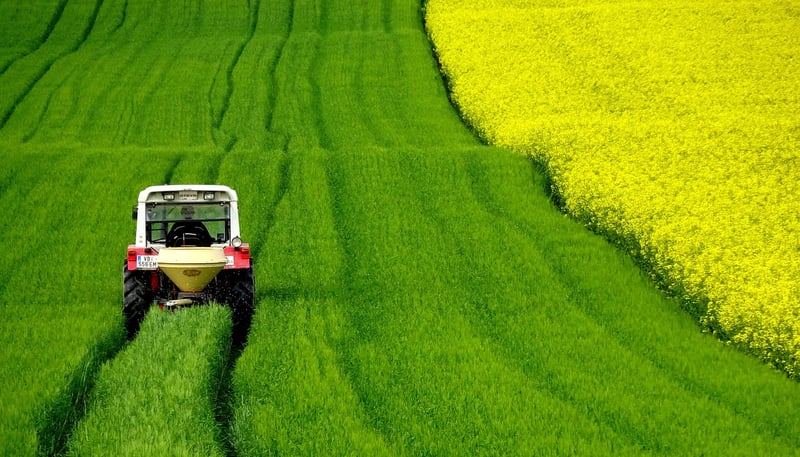Sustainable Crop Cultivation
Innovative Farming Methods for Sustainable Crop Cultivation
Farming has been a vital practice since ancient times, providing food, fiber, and fuel for communities worldwide. However, with the ever-growing global population and environmental challenges, there is an increasing need for innovative farming methods to ensure sustainable crop cultivation. In this article, we will explore some cutting-edge techniques that farmers are adopting to promote sustainable agriculture.
1. Vertical Farming
Vertical farming is a revolutionary method that involves growing crops in vertically stacked layers or inclined surfaces. By utilizing controlled-environment agriculture, vertical farming optimizes plant growth conditions such as light, temperature, and humidity. This technique not only maximizes land use but also reduces water consumption and minimizes the need for pesticides.
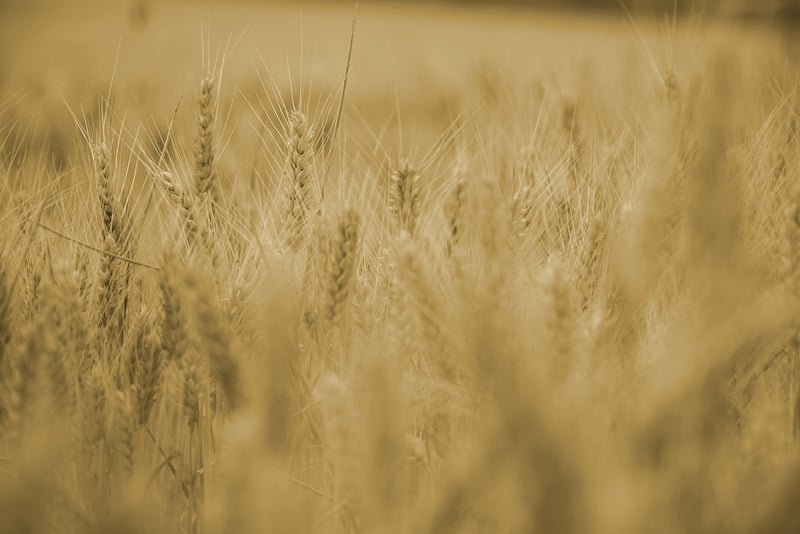
2. Hydroponics
Hydroponics is a soil-less farming technique where plants are grown in nutrient-rich water solutions. This method allows for higher yields in a smaller space compared to traditional soil farming. Additionally, hydroponic systems can recycle water efficiently, making them highly sustainable and environmentally friendly.
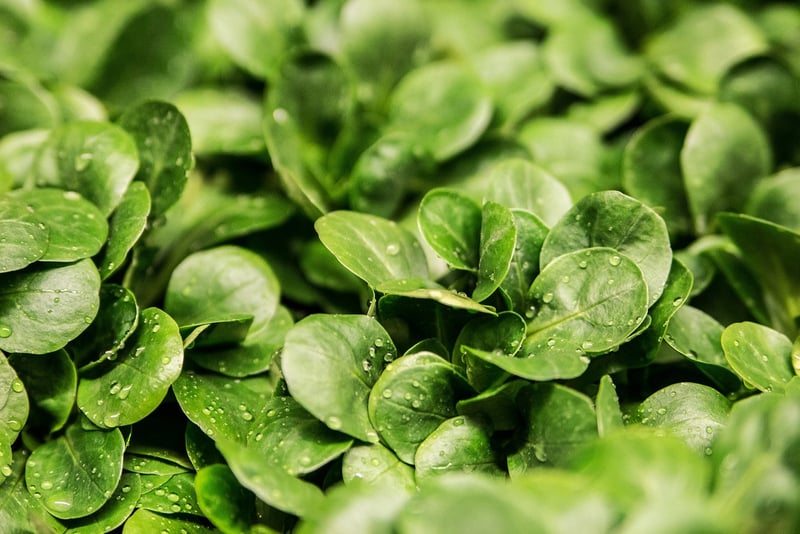
3. Precision Agriculture
Precision agriculture involves using technology such as GPS, sensors, drones, and data analytics to optimize farming practices. By collecting and analyzing data on soil conditions, weather patterns, and crop health, farmers can make informed decisions to enhance productivity while minimizing resource wastage. This results in more sustainable farming practices and increased crop yields.
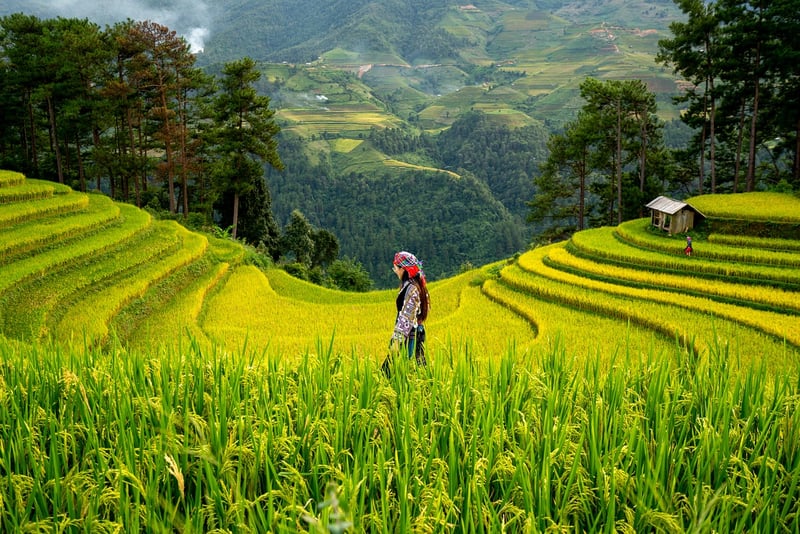
4. Agroforestry
Agroforestry integrates trees and shrubs into traditional farming systems, offering multiple benefits such as improved soil health, biodiversity conservation, and carbon sequestration. By combining agriculture with forestry practices, farmers can create sustainable and resilient ecosystems that support both crops and trees, contributing to long-term environmental sustainability.
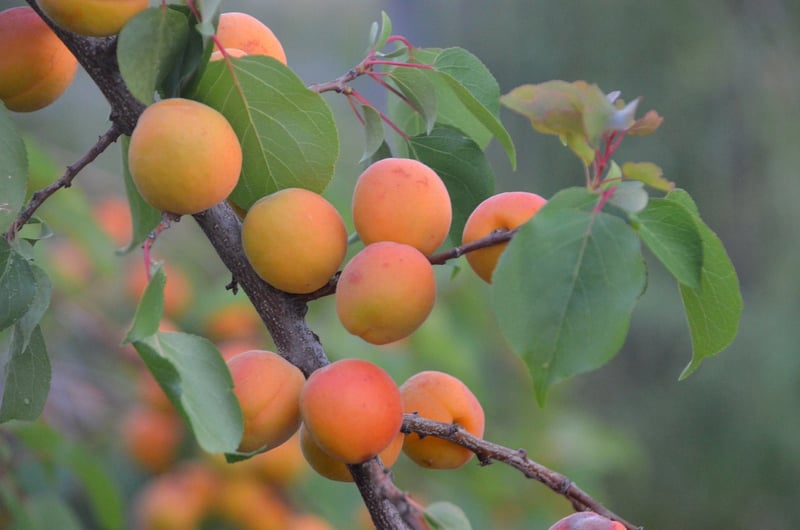
By embracing these innovative farming methods, farmers can not only increase the efficiency and productivity of their operations but also contribute to a more sustainable future for agriculture. Sustainable crop cultivation is essential to ensure food security, protect the environment, and support the well-being of current and future generations.
References:
Food and Agriculture Organization (FAO)
The World Bank - Agriculture
